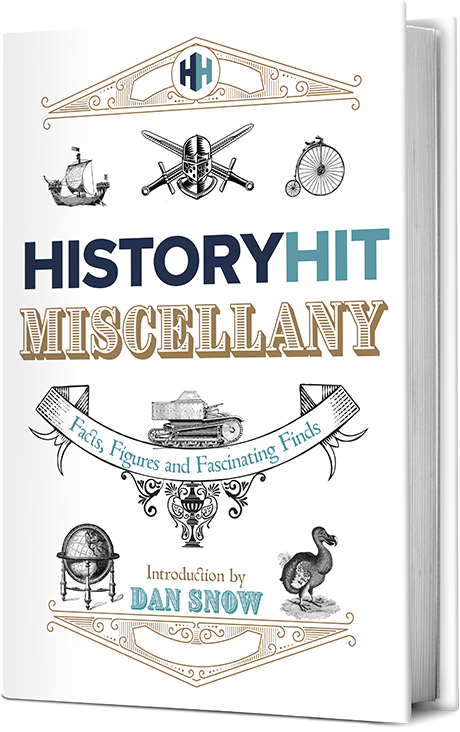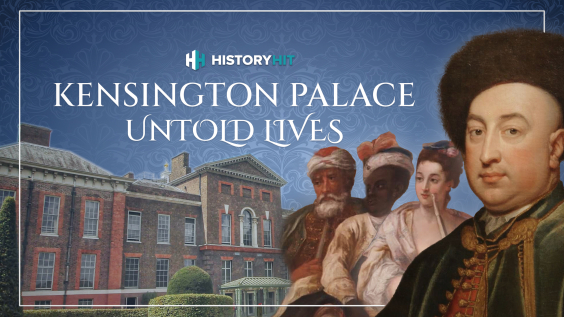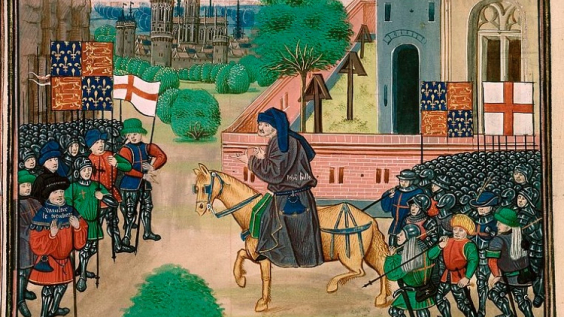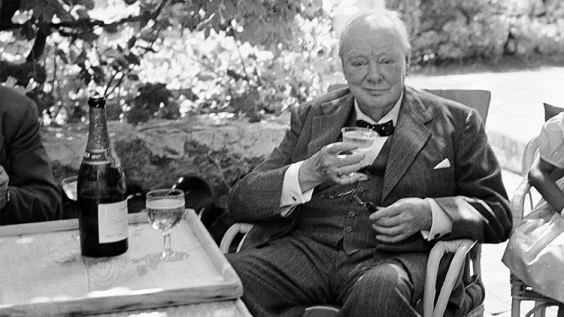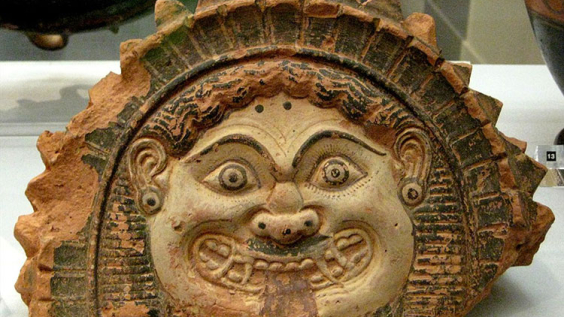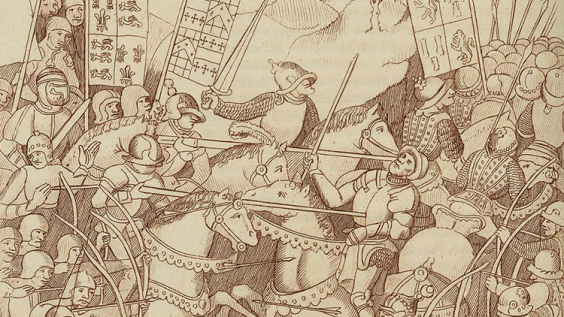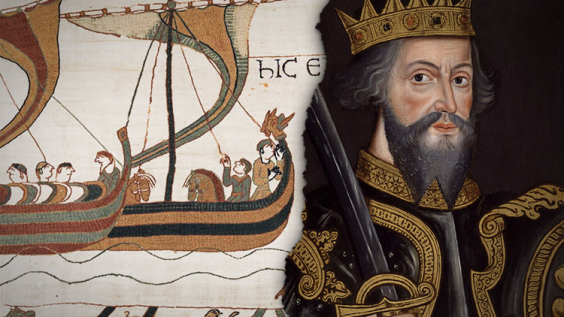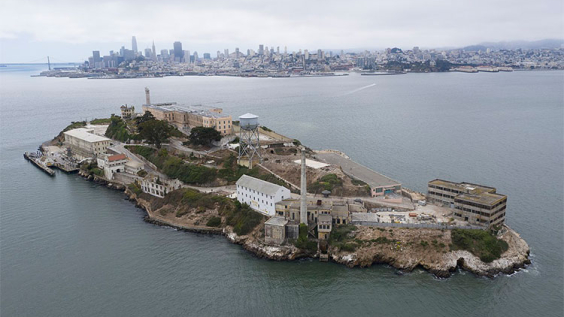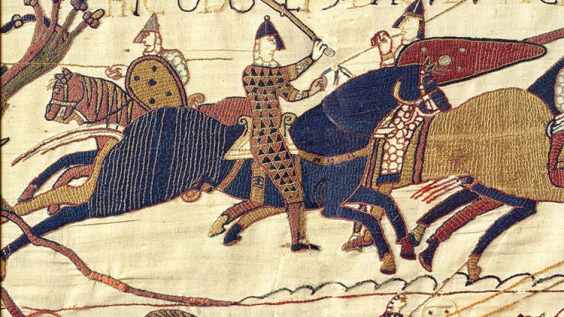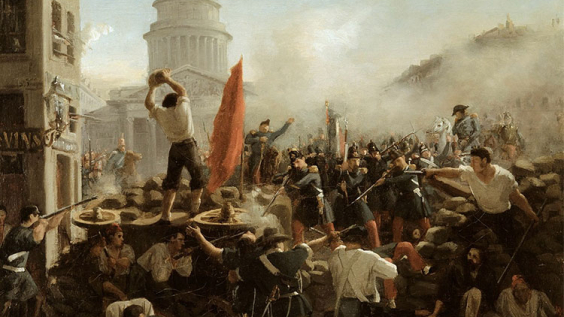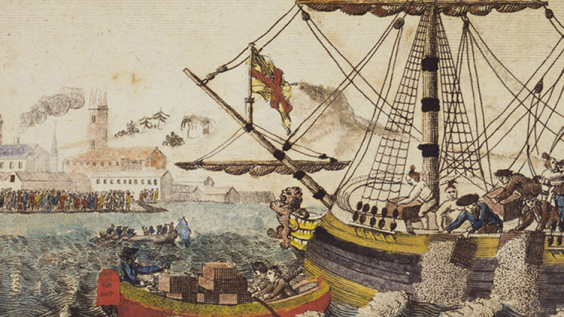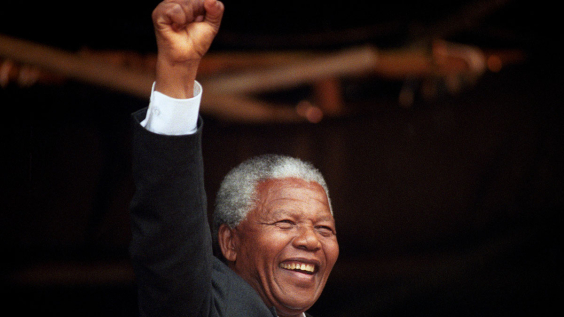
The Last Great Cause – that was how contemporary intellectuals and writers described the cause of Republican Spain as Europe was engulfed by fascism and war in the 1930s.
The Spanish Civil War was a vicious, ideological conflict fought between the Republicans, or Loyalists, defending the government of the Spanish Republic, and the Nationalists, or Rebels, of General Franco seeking to overthrow the left-wing regime.
Often seen as the opening chapter of the Second World War, Spain’s civil war (1936-1939) fascinated authors, poets and politicians of the age as the great battle of ideas seemed to be played out in combat: was communism or fascism, democracy or dictatorship to triumph?
Aided by Nazi Germany and Mussolini’s Italy, General Franco’s Rebels eventually emerged victorious. He would be the last of 1930s dictators left standing, ruling Spain until his death in 1975.

Photograph of General Franco. 1930 (Credit: Biblioteca Virtual de Defensa).
But why did the Spanish Republic, so romanticised at the time and since, lose the civil war?
Impact of international involvement
The most common explanation given to this question is foreign intervention.
Franco received military aid of unmatched quality from Hitler and quantity from Mussolini. While the Germans tested out their latest weapons and vehicles in the conflict, Italy dispatched nearly 80,000 troops and over 600 planes and pilots to fight alongside the Nationalists.

Spanish Republican propaganda poster reading “The claw of the Italian invader intends to enslave us”
In comparison, the Republicans were largely shunned by the international community, the only major power to provide support being the Soviet Union.
However, while certainly helpful in explaining the war’s outcome, the international angle only tells half the story of the civil war’s military history.
Weapons and ammunition
To truly understand why the Republic lost, the problems the Republicans and their so-called People’s Army faced must be properly understood.
Certainly, the supply of weapons and equipment was a major issue. While on the surface the raw figures of weapons supplied to each side presents a fairly even picture, in reality Franco was far better off.
A Non-Intervention Agreement barred both warring factions from buying weapons on the open market, preventing the Republican government from best utilising their control of Spain’s gold reserves.

Review of Soviet armoured fighting vehicles used to equip the Republican People’s Army (Credit: Textidor / CC).
Instead, they had to rely on rather more nefarious sources for their arms – Stalin and the black market. In both cases, they were ripped off, often supplied with out-dated or defective equipment at exorbitant prices.
While most armies will use two or three different rifles and automatic weapons, the Republicans were forced to deploy at least 90 different types of small arms, of various calibres and using different ammunition.
Meanwhile, in terms of artillery, the People’s Army was provided with just 1.2 million shells by the USSR for the duration of the conflict, roughly the same number used in just 24 hours by the British in September 1918.

Children take refuge in a sewer during the Francoist bombing over Madrid, 1937 (Credit: Ministry of Culture of Spain).
Equipment sometimes came without sights or instructions, with pieces missing or no spare parts.
The Republic faced a logistical nightmare to arm their soldiers and found themselves outgunned in almost every major battle owing to Nationalist superiority in artillery and air power.
Building the People’s Army
Another huge issue was the fact that the Republic, at first at least, had to fight a civil war without an army.
The majority of the Spanish army and security forces had sided with the military coup that came to be led by General Franco, and so the Republican government lacked a fighting force to stop the Rebel advance.
Initially, they had armed worker and peasant militias that were formed spontaneously at the outbreak of the conflict. But the militias had no training, organisation or discipline.

Republican volunteers at Teruel, 1936 (Credit: Senior 2009).
From the autumn of 1936, the Republicans attempted to forge their militiamen and conscripts into a regular military, known as the People’s Army.
This was no mean feat, given all but around 2,000 of Spain’s professional officers had defected to the Rebels. Yet somehow the Republic managed to form, train and equip 153 army brigades in a little over 6 months. Naturally, this was an improvised force beset with problems.
Training often amounted to no more than a few days of parade drill. Conscription in civil war is highly problematic; many recruits had more sympathy for the other side.
Organisation was poor and overly bureaucratic. Communication and cooperation between the arms was, at times, non-existent.
Equipping the troops adequately was impossible – one staff officer later wrote of the constant flood of requests he received for different arms and supplies of all kinds from various units. One of his more challenging tasks being asked to source 400 bras for a band of militia women!
The International Brigades
The International Brigades of foreign volunteers who came to fight for the Republic were perhaps the most famous part of the People’s Army.
Their story has been somewhat mythologised – the two most famous members in the popular imagination, George Orwell and Ernest Hemingway, never actually joined – and there is a romantic image that the volunteers were mainly poets and writers.

Polish volunteers in the International Brigades (Credit: Zofia Szleyen).
In reality, over 80 percent of volunteers were working class, over half of them communists and a great number were party or union activists highly committed to the socialist cause.
Their military contribution is much debated, but it cannot be denied that despite extremely heavy casualties and the resultant decline in moral and quality, their ideological dedication made them ferocious fighters.
However their lack of training and equipment meant that despite 32,000 from over 50 nations volunteering, they did not have a decisive military impact and could not turn the tide.
Leadership and training
Leadership was the most difficult issue to overcome. Given that Spain’s generals had rebelled, who would command the People’s Army?
A few senior officers were only ‘geographically loyal’ to the Republic – they found themselves in Republican Spain at the war’s outbreak but were politically unsympathetic.
Naturally, their performance was often lacklustre. Many officers had to be drawn from the political militias, but they lacked any sort of military training or experience.
Some were inspirational figures who led from the front. Others, such as El Campesino (the peasant) were illiterate and reportedly used military maps as tablecloths.
Only a few quality commanders emerged, such as Vicente Rojo and Juan Modesto, but they were promoted, by necessity, far too quickly. Rojo went from Major to Chief of the General Staff in less than a year, while Modesto was commanding an army corps – 30,000 men – aged just 30.

General Franco arriving in San Sebastian in 1939 (Credit: Kutxa Fototeka / CC).
Despite it all, the improved People’s Army, hampered by countless fatal flaws, held out against Franco’s Rebels for over two years and managed to ruin the Generalissimo’s plans on more than one occasion.
The Republicans’ greatest achievement was that they actually managed to resist for so long against a superior foe.
They lacked in training, weapons, equipment and organisation, which brought about their downfall, but they fought extremely hard in the most intense conflict of the interwar period.
Alex Clifford is an historian and teacher who developed a passion for the Spanish Civil War during his university studies at Leeds, Munich and Northumbria. His latest book, The People’s Army in the Spanish Civil War, is published by Pen & Swords Books.

